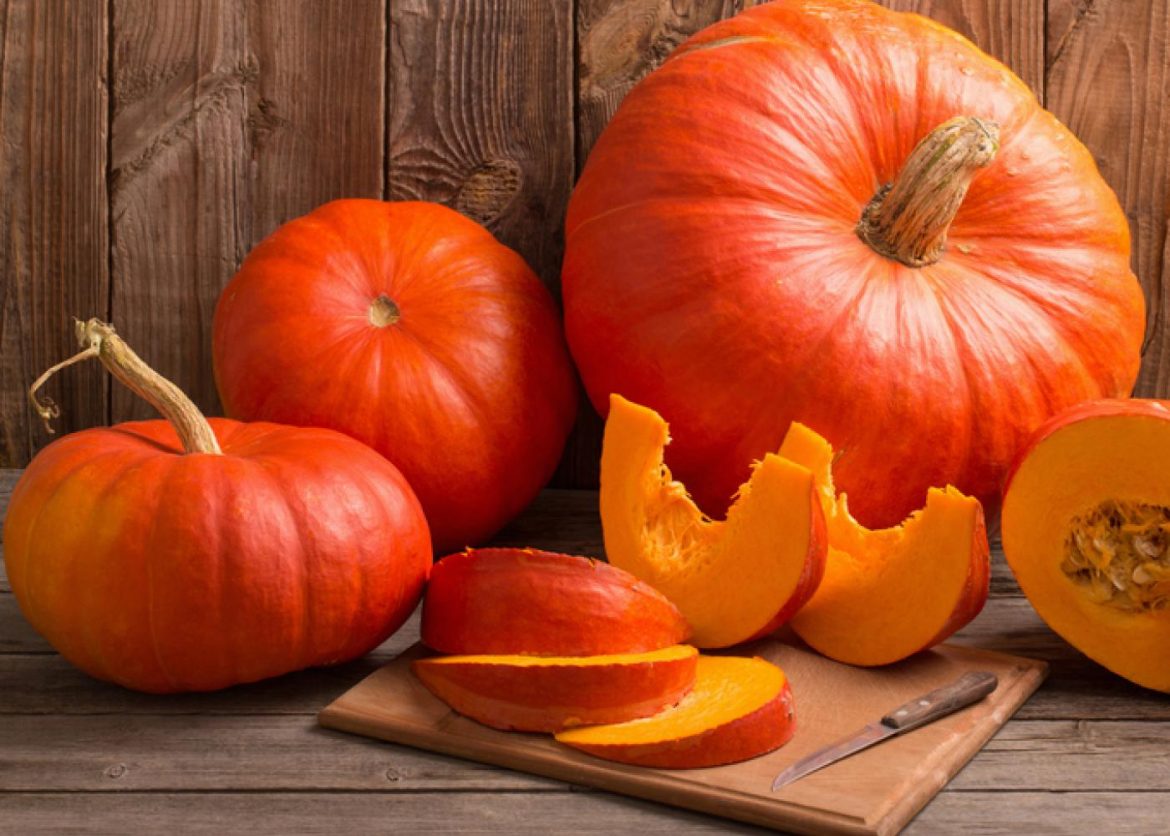The Many Health Benefits of Pumpkin
Excessively frequently consigned to Halloween doorstep stylistic theme and espresso drink showcasing gadget, pumpkin — a kind of winter squash (indeed, similar to butternut squash) — merits considerably more consideration, particularly given its not insignificant rundown of advantages. Besides the fact that it tastes delish and brags an uncanny capacity to overhaul any doorstep, at the same time pumpkin’s a genius wellspring of beta-carotene. Beta what?! Answerable for the gourd’s orange tint, beta-carotene’s a carotenoid or plant color that the body changes over into vitamin An and, in doing such, upholds resistant framework capabilities, skin and vision wellbeing, and the sky is the limit from there, as per the National Library of Medicine. (BTW, it’s likewise answerable for a significant number of mango’s medical advantages and notorious yellow shade.) And as a sort of winter squash, pumpkin has tissue (inside) that is loaded with potassium, magnesium, calcium, copper, and phosphorous, as per research distributed in PLoS One.
With respect to pumpkin’s sustenance realities, specifically? Here is the dietary profile of 1 cup (245 grams) of pounded, cooked pumpkin without salt, as indicated by the United States Department of Agriculture:
49 calories
2 grams protein
< 1 gram fat
12 grams carb
3 grams fiber
6 grams sugar
Furthermore, get this: One cup of crushed, cooked pumpkin without salt has an incredible 706 micrograms of vitamin A, which is somewhat in excess of 100% of your day-to-day recommended worth of the supplement (700 micrograms so non-pregnant, non-breastfeeding, grown-up ladies, as per the National Institutes of Health.)
Advances Healthy Digestion
Pumpkins are a decent wellspring of fiber, which helps keep you feeling full and advances great processing.
However, that is not all the squash’s fiber content can accomplish for you: It can likewise sluggish ingestion of the carbs, including normal sugars, so you don’t encounter the glucose ups and downs of, say, a small bunch of sticky bears.
Decreases Cancer Risk
An enchanted combo platter of nutrients An and C, iron, and more supplements make pumpkin for all intents and purposes regular reinforcement against disease cells. Specifically, the medical advantages of pumpkin decline in risk for prostate, bosom, and colon diseases, as indicated by past examination. Eating the cell reinforcements found in food sources like pumpkin (and corn and beans) can assist with killing free revolutionaries and, thus, battle oxidative pressure, the main consideration in diminishing malignant growth risk too. (ICYDK, elevated degrees of oxidative pressure can build the ascent of creating constant circumstances, for example, you most likely get it, malignant growth.)
Oversees Blood Sugar
At the point when you appreciate it unadorned (otherwise known as no extravagant stuff, simply the squash), pumpkin calories are very low. Since following a low-cal diet can be vital to holding type 2 diabetes under wraps, that goes with pumpkin an insightful decision. “Search out canned pumpkin without added sugar and you can appreciate it throughout the year.
The phenolic phytochemicals (see: beta-carotene) in this occasional miracle food have been displayed to control glucose levels, and thusly, bring down the gamble for diabetes.
What’s more, need not disregard the beta-carotene, which is liable for a significant number of the medical advantages of pumpkin. As referenced over, the carotenoid is changed over into vitamin An in the body, in this way helping the “regular executioner” cells that battle illnesses including ear, bladder, and kidney diseases, as per research in The Journal of Nutrition.
Helps Immunity
With around 15% of your everyday recommended worth of L-ascorbic acid (75 micrograms for non-breastfeeding, non-pregnant ladies, as indicated by the NIH) and north of 100% of your day-to-day recommended measure of vitamin A, noshing on this squash makes certain to convey a lot of insusceptible helping benefits.
Further develops Eye Health
Pumpkin is plentiful in carotenoids, which can be switched over completely to vitamin A, significant for keeping your skin and eyes healthy. But don’t go crazy: Pumpkin is likewise an A+ wellspring of lutein and zeaxanthin, the two of which can be especially useful in the fight against waterfalls (which, after some time, can disrupt vision).
You’ve heard about the sight benefits of carrots, correct? Well, the medical advantages of pumpkin trump a similar size serving of the root veggie: Half a cup of pumpkin contains in excess of 1,000 milligrams of vitamin, some time a half cup of cooked carrots has around 700 milligrams. (This is simply one more explanation you ought to eat beautiful food varieties.)
Controls Blood Pressure
Pumpkin contains potassium and cancer prevention agents, which add to great heart well-being,
As a matter of fact, one cup of squashed, cooked pumpkin has 564 micrograms of potassium — almost 22% of your day-to-day worth of the supplement (2,600 micrograms for non-breasting and non-pregnant grown-up ladies, as indicated by the NIH). What’s more, this is no joking matter since research recommends that the people who keep up with adequate potassium consumption (think: by eating food varieties that are wealthy in the supplement, for example, correct, pumpkin) have a lower pulse and a diminished gamble of strokes — the two of which can bring down your possibilities of coronary illness.



